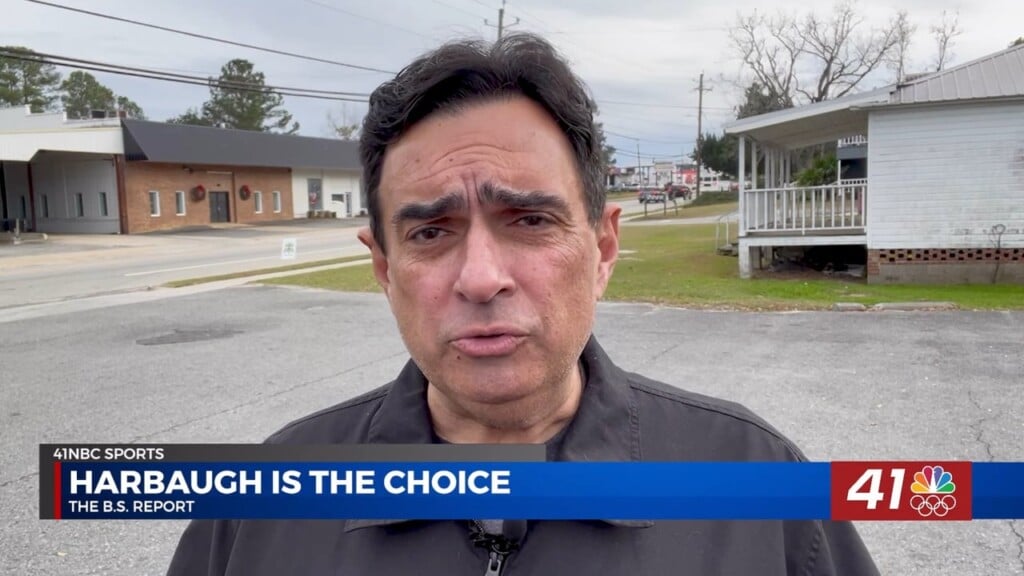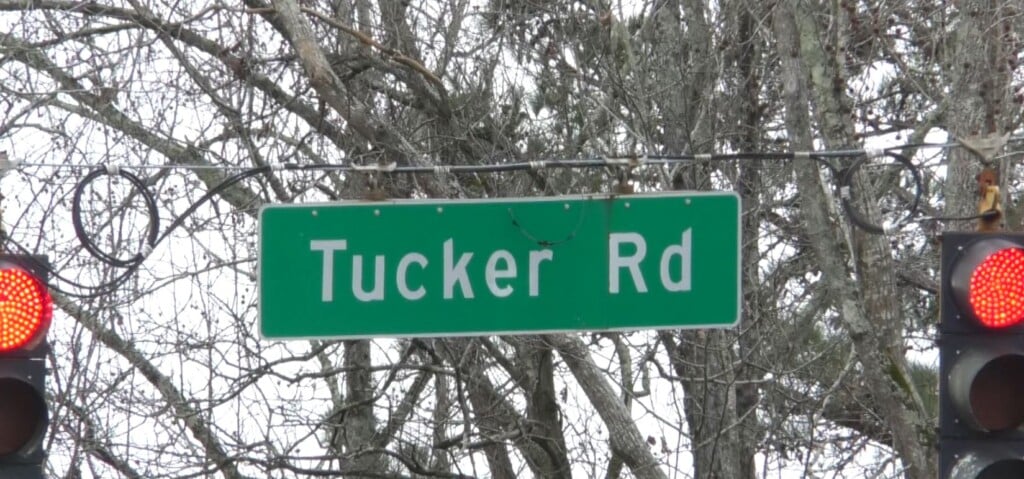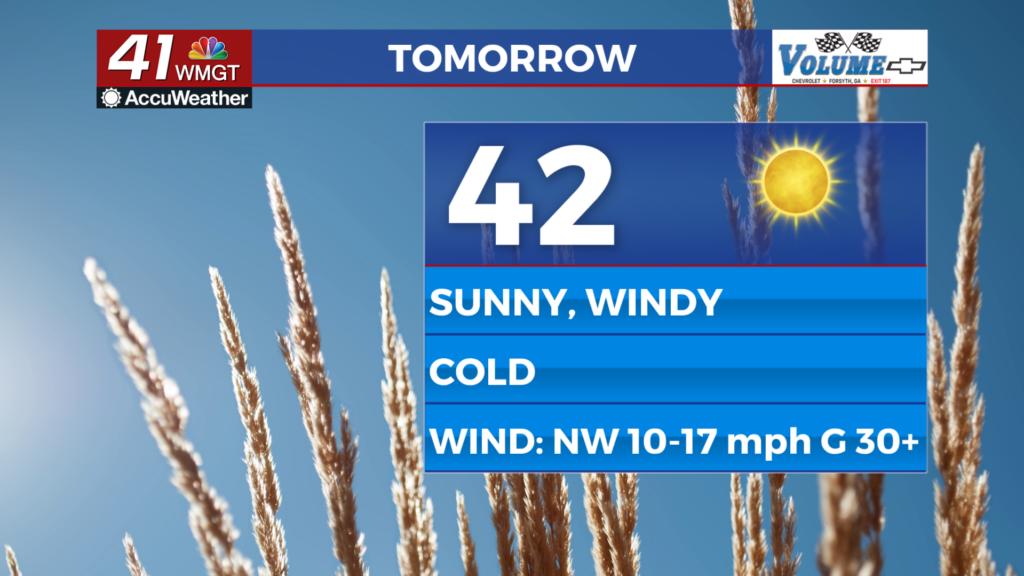Department of Justice Wants More Information Before Approving Non-Partisan Elections in Bibb County
MACON, Georgia (41NBC/WMGT) – The US Department of Justice says it needs more information on the push to make local elections nonpartisan before they can approve it.
The call for more clarification comes less than two months before a scheduled election, in which Republican State Representative Cecil Staton and others voted to drop political parties from the ballots. Now, the DOJ wants to know more.
It all has to do with the Voting Rights Act of 1965. Section 5 of that act requires states with a history of racial discrimination like Georgia and other southern states to in essence “check with” the federal government before they change any voting laws. In fact, the US Supreme Court is set to rule this summer on whether that provision is relevant today. State Representative Allen Peake believes they will overturn it, and Georgia won’t have to answer to the federal government on their local elections anymore.
“Moving to non-partisan elections only makes us consistent with every other consolidated government our size in the state,” Peake tells 41NBC. “It only makes us consistent with every other city in the entire state.”
Many worry that doing away with Section 5 of the Voting Rights Act and having non-partisan elections puts minority voters at a disadvantage.
“It clearly has not been disenfranchising voters because it’s been a practice that’s already been in place that’s worked,” Peake says.
Here’s what the DOJ wants to know:
First, why the local government wants to change elections from November to July, along with the effects that change would have on voter participation…and if it would impact minority turnout. Critics of the date change have said it would make less minority voters participate. Peake says that is a weak argument.
Also, the DOJ wants to know why the government wants to drop political parties from local elections.
They require a chronology of how local leaders came to the decision to move forward with these changes. They want to know about all concerns raised; they want to see documents, notes, and transcripts of all meetings on the subject.
The Attorney General will look over the information local leaders provide to them, and will have sixty days to decide whether elections will be nonpartisan, and if they will be held in July, or November. Peake believes in the meantime, the Supreme Court will overturn Section 5 of the Voting Rights Act, and all this will be a moot point.
Peake claims Tuesday’s stumbling block is actually a blessing in disguise, because he believes it will buy proponents of non-partisan elections some time while they wait for the Supreme Court’s decision.




Leave a Reply